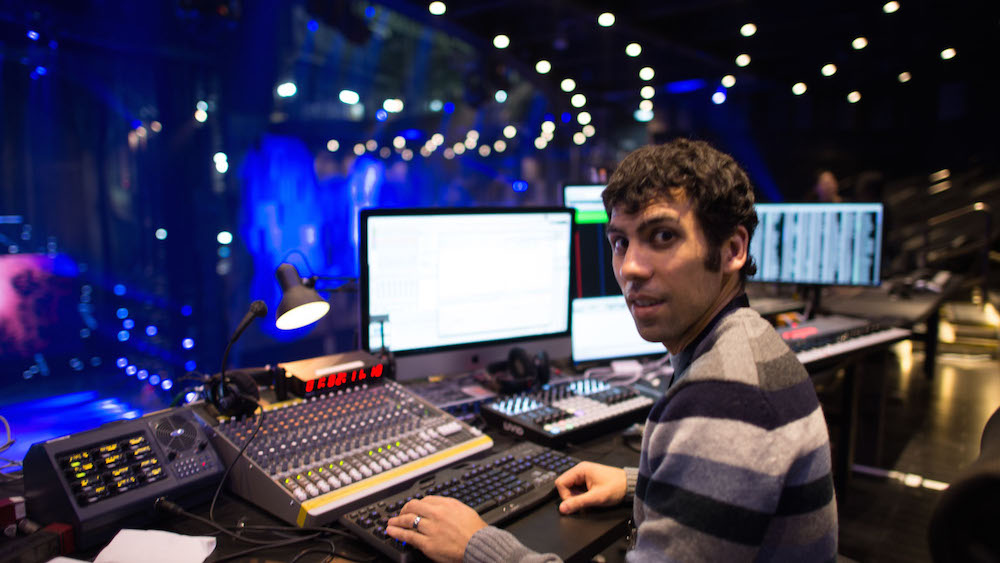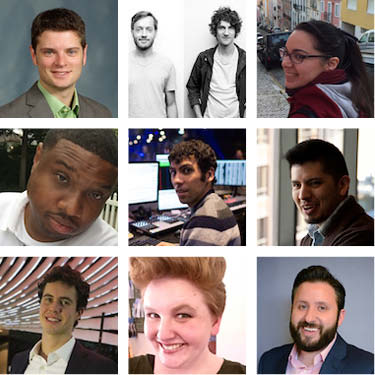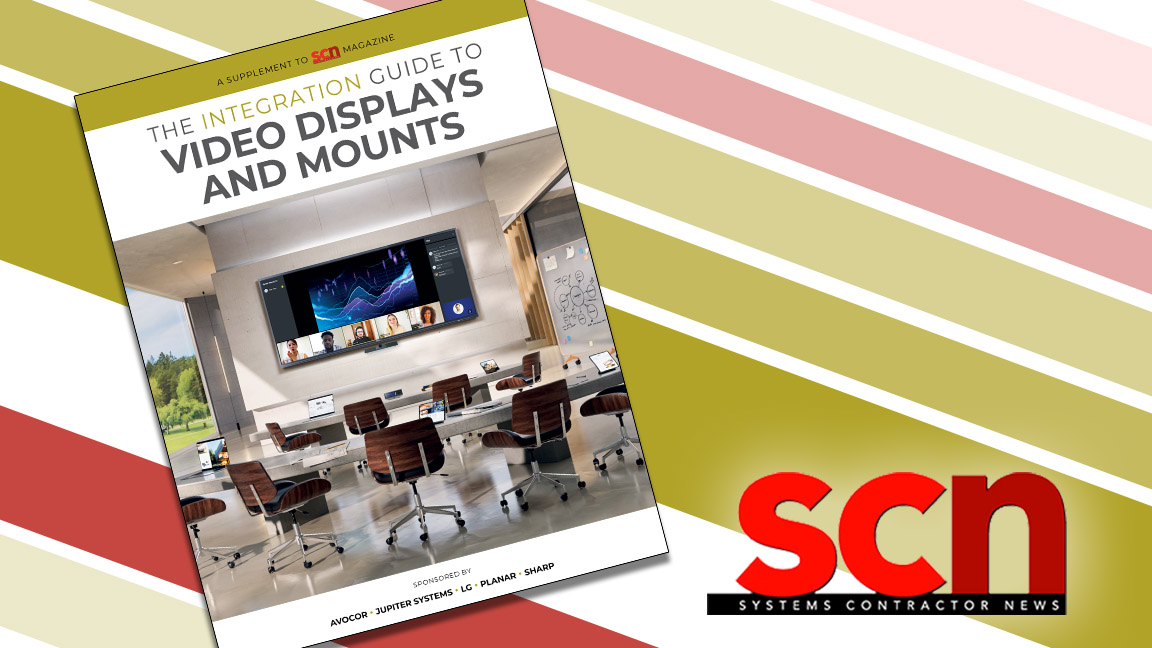The Nine 2016: Vikram Kirby

Title: AV Design Engineer
Company: Google
Location: Burbank, CA
Why You Should Know Him: Kirby’s portfolio takes the term "creative design" to a new level with projects like the Warner Brothers Studio Tour: The Making of Harry Potter and Cirque du Soleil’s IRIS. For the first part of his career, he worked with ThinkWell, an experience design firm creating immersive environments for location-based entertainment.
“You’re trying to create a world that the audience may have already created in their minds, and they want to be impressed,” Kirby explained. “Their experience is coming there and (hopefully) finding what they want, so as a designer, I can be a little more evocative and less literal.”
Joining Google allowed Kirby to employ his skillset to solving other problems. “When I applied for my job at Google, they asked how I would change a system design if we built the same one 200 times, and I realized I had never built something more than once,” he said. “That’s been a big eye opener to approach the system design from the eyes of mass production versus producing an event or a one-off installation.”
The Road to Google: In college, Kirby changed his major a few times before landing on theater sound design. In graduate school at the California Institute of the Arts, he connected with Thinkwell and was asked to help the founder Francois Bergeron with a design for a Cirque du Soleil show in Tokyo. His role would only require a few weeks of work, but this led to a full time job right out of grad school. He worked alongside the team as a mixer and system designer, ultimately leading an audio, video, show control, and interactive (AVCI) team of 20 designing the experiences for exhibits, live shows, and more.
A daily selection of the top stories for AV integrators, resellers and consultants. Sign up below.
“Along the way at Thinkwell, we realized that our skillsets in entertainment and immersive environments were applicable more broadly in the corporate world,” Kirby continued. With this market, Kirby was able to work on more permanent installs while still applying the idea of an immersive experience. “That opened the door to working with Google,” he said.
The Future of AV: “Professionally and from a technology perspective, I think we’re still living in a walled garden a bit. We’ve been talking a lot here at Google about how we have one of the largest videoconferencing suites, with lots of endpoints, but it’s still based on a traditional system hardware model. I’m interested to see how to change and expand on that.”
Get to know the rest of The Nine.

